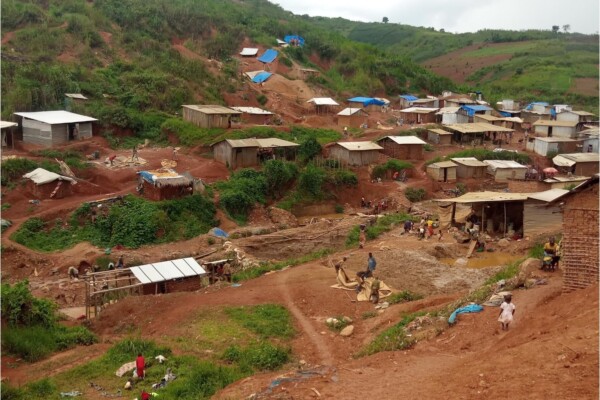
Armed groups, territorial control, land disputes, and gold exploitation in Djugu, Ituri, Democratic Republic of Congo
August 10, 2023In late 2017, almost fifteen years after the end of the second Congo war, and after several years of relative peaceful coexistence, inter-communal tensions flared up once again in Ituri province, in eastern Democratic Republic of Congo (DRC). In December 2017, isolated violent incidents between members of the Hema and Lendu communities provoked an escalation and heralded the beginning of a new cyc
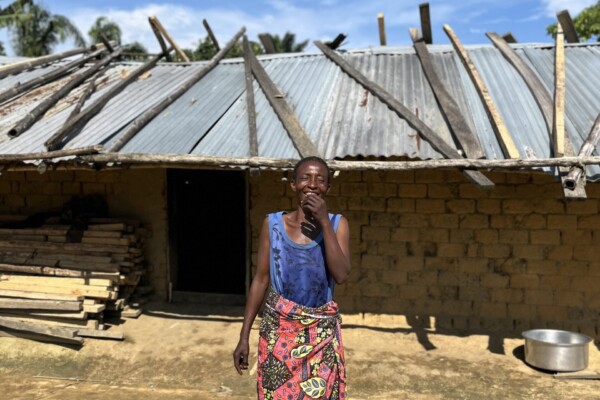
Unconditional Cash Transfers (UCT) in the DRC: Midline results of a pilot study in an artisanal mining zone in Maniema province
June 19, 2023In October 2021, the Belgian non-profit organization Eight World, started a pilot project of Unconditional Cash Transfers (UCT) in a village in an artisanal mining zone in the territory of Pangi, in Maniema Province, in the Democratic Republic of Congo (DRC). Eight World transfers cash directly to individual beneficiaries via a mobile money system. Each adult living in the UCT village receives 20
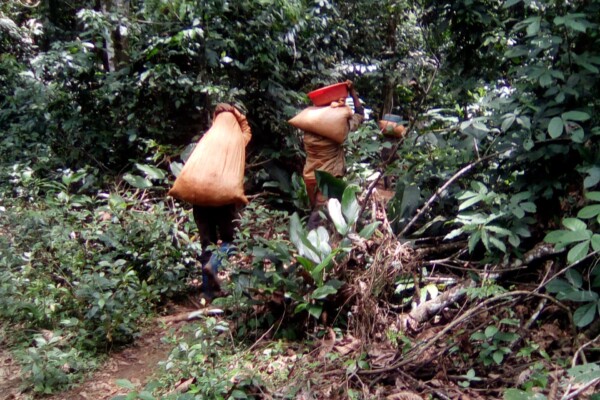
Armed conflict, insecurity, and mining in eastern DRC: reflections on the nexus between natural resources and armed conflict
December 7, 2022This report offers a new framework for looking at the eastern Congo conflict, one within which new evolutions of the past twenty years find a place. Indeed, violent conflict in eastern Congo has changed dramatically in all its aspects over the past two decades. Yet too often policymakers and observers appear to assume that we are dealing with a proxy war orchestrated from the DRC’s eastern neighbo
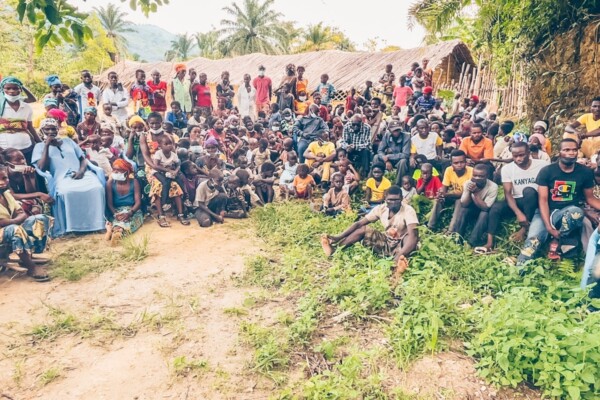
Unconditional cash transfers in the DRC: A comparative baseline study in an artisanal mining zone in Maniema Province
March 1, 2022A controlled impact study will be conducted by IPIS to evaluate the net effects of Unconditional Cash Transfers (UCT) on the socio-economic well-being of recipients. A controlled study approach allows potential effects of the intervention to be assessed by monitoring specific indicators in the group of people receiving cash transfers (inhabitants of the UCT village), in comparison with a comparabl
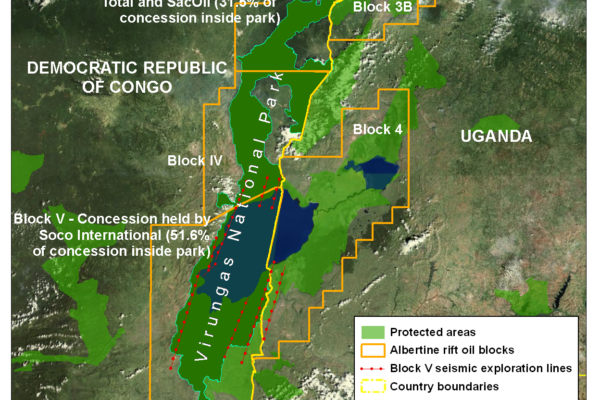
IPIS Briefing April 2021 – Congo’s Oil Saga: A story of shadowy deals, environmental burden, and civil society protest
May 6, 2021The IPIS briefing offers a selection of articles, news and updates on natural resources, armed conflict, Business & Human Rights and arms trade. Every month, an editorial and related publications shed a light on a specific topic in IPIS’ areas of research. In focus: Congo’s Oil Saga: A story of shadowy deals, environmental burden, and civil society protest. In the news: In Tigray, Sexual Viol
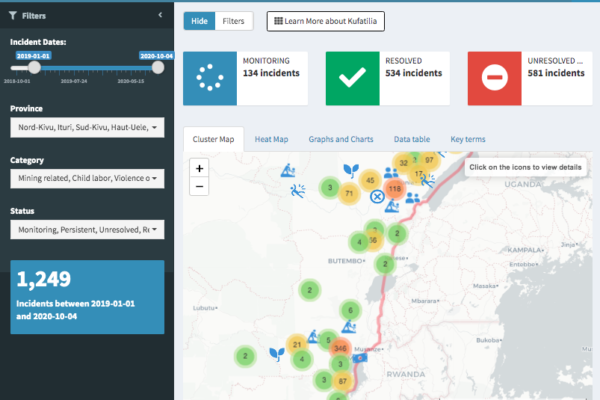
IPIS Briefing April 2020 – Incident Reporting on Gold Supply Chains in eastern DR Congo.
May 12, 2020The IPIS briefing offers a selection of articles, news and updates on natural resources, armed conflict, Business & Human Rights and arms trade. Every month, an editorial and related publications shed a light on a specific topic in IPIS’ areas of research. In focus: Mobile Phone-Based Incident Reporting – A Step Towards Cleaner Gold Supply Chains in Eastern DR Congo In the news: Congo governo
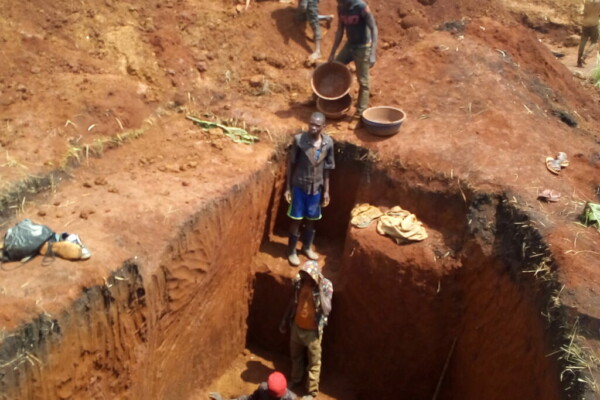
Transparency and Formalization of Gold Supply Chains in Eastern DR Congo
May 12, 2020Advancing incident reporting and community participation in responsible sourcing From January 2018 till December 2019, IPIS and its partner CEGEMI (Catholic University of Bukavu) carried out a capacity enhancement project in the gold mining sector in Eastern Congo, financed by the European Partnership for Responsible Minerals (EPRM). The project was composed of two complementary parts: 1) a mining
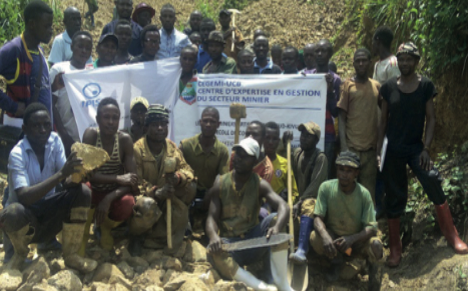
Ground-Based Incident Reporting in eastern DRC – Progress Report 3
November 15, 2019In January 2018, the European Partnership for Responsible Minerals (EPRM) granted IPIS funds to implement an independent, transparent and participatory platform for incident reporting and community empowerment in responsible sourcing in the eastern DRC gold sector. This platform will have to contribute in improving transparency around follow-up and resolution of incidents in cooperation with relev
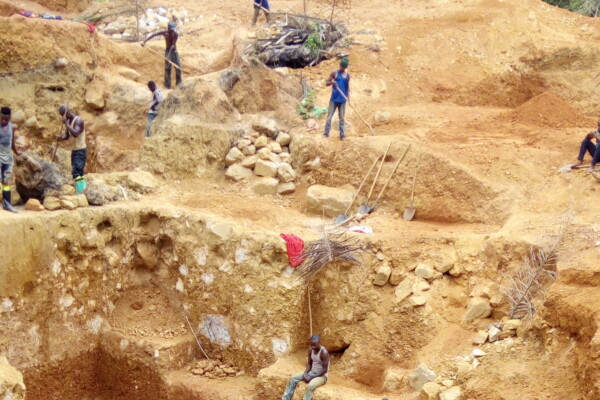
Assessing the impact of due diligence programmes in Eastern DRC: A baseline study
April 24, 2019Over the past decade, various legislative and due diligence programmes (DDP) have been developed to improve mining communities’ livelihoods and reduce human rights abuses in conflict affected and high- risk areas, with a special focus on the African Great Lakes region. Despite significant growth and investments in minerals certification and traceability schemes, data on the impact of due diligence
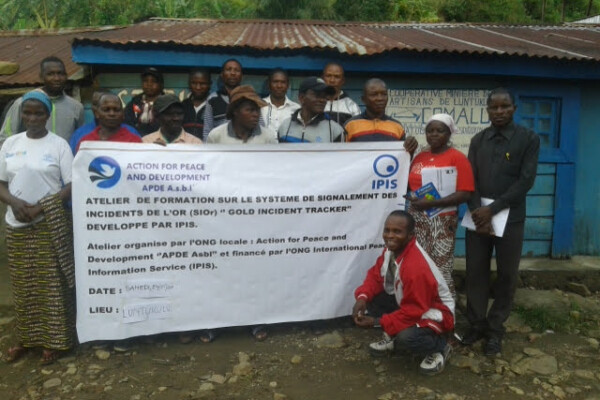
Ground-based incident reporting in eastern DRC – Progress Report 2
February 15, 2019In January 2018, the European Partnership for Responsible Minerals (EPRM) granted IPIS funds to implement an independent, transparent and participatory platform for incident reporting and community empowerment in responsible sourcing in the Eastern DRC gold sector. This platform will contribute to improving transparency around follow-up and resolution of incidents in cooperation with relevant stak

